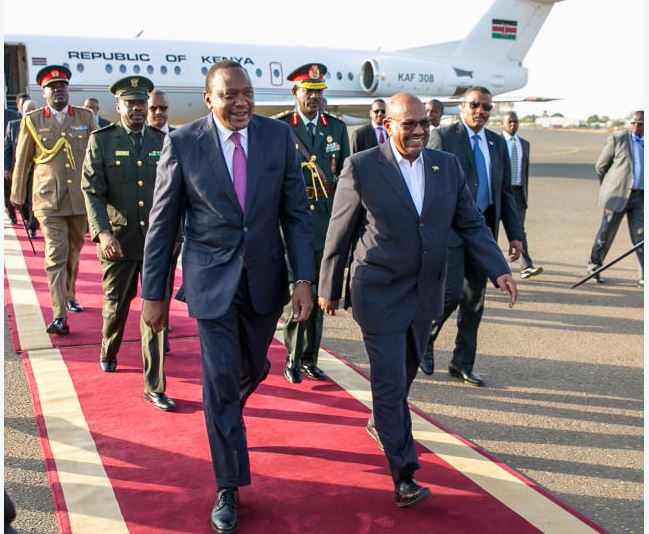×
The Standard e-Paper
Stay Informed, Even Offline

Fallen Sudan strongman Omar Al-Bashir was welcome to Kenya even as other nations shunned him following his war crimes indictment.
Yesterday, celebrations rocked Khartoum and other major cities as Bashir was finally ousted with senior figures in his regime arrested by the military while all political prisoners were freed.